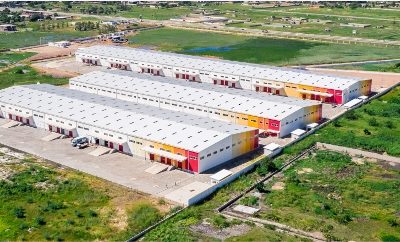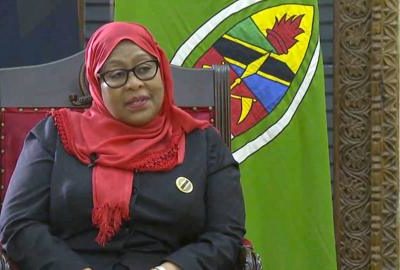Nigeria has increased the Value Added Tax (VAT) from 5% to 7% as government seeks money to fund capital projects. The country’s highest decision making organ, Federal Executive Council (FEC), presided over by President Muhammadu Buhari approved the 2% increase in the first FEC meeting since the government was sworn in last May.
But the increase will only be effective after approval by the country’s legislators.
Also, VAT will now apply to local and foreign online transactions from January 2020, according to the country’s chief tax-master and Chairman of the Federal Inland Revenue Service (FIRS), Babatunde Fowler.
“We also reported to council and council has agreed that we start the process toward the increase of the VAT rate. We are proposing and council has agreed, increase in the VAT rate from 5 per cent to 7.2 per cent. This is important because the federal government only retains 15 per cent of the VAT; 85 per cent is actually for the states and local governments. The states need additional revenue to be able to meet the obligations of the minimum wage,” said Minister of Finance, Budget and National Planning, Zainab Ahmed, to House Correspondents after the FEC meeting in Abuja.
Earlier in May at an interactive engagement on taxation, Fowler had disclosed that government would be charging VAT on online transactions from 2020.
He said Nigerian banks already have the briefing to start deducting VAT on digital products and services. But the VAT will only apply to tax online transactions after legislative backing.
VAT has been a 5% been consumption tax on the cost of goods and services supplied in Nigeria with the exception of items specifically categorized as exempted or zero-rated under the VAT Act.
VAT is a major source of income to the federal government and Nigeria’s 36 states. This year, the FIRS is targeting to N8 trillion from VAT.































